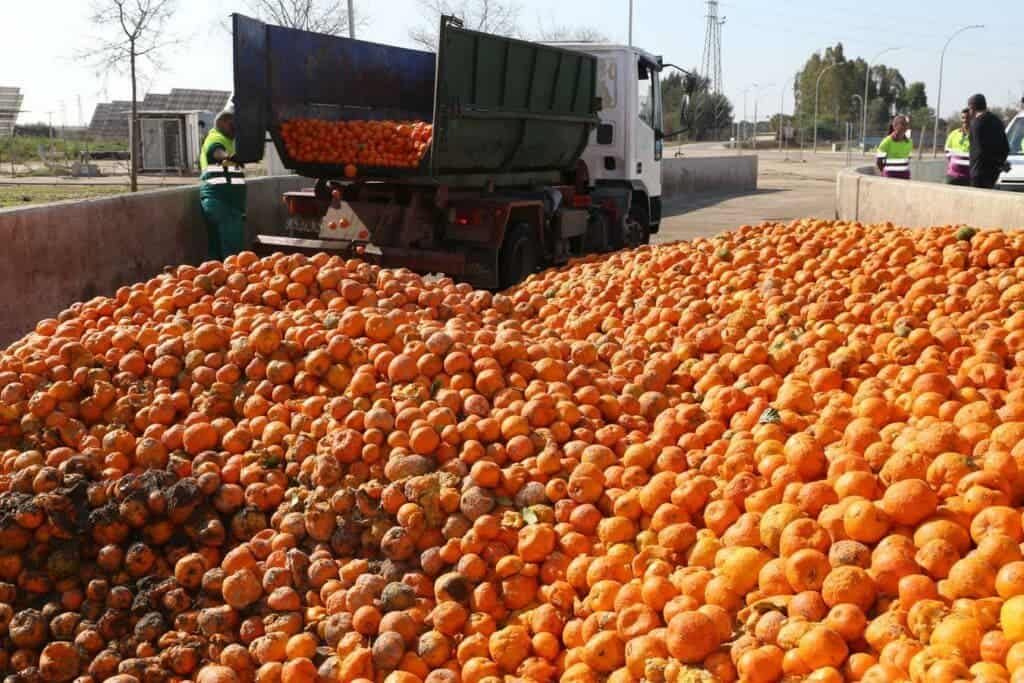Located in Southern Spain, Seville is the European city with the largest number of orange trees — more than 45,000. In fact, there are so many oranges that despite the city’s healthy appetite, tons of oranges end up being discarded every year. Now, the city came up with a solution, using them to obtain electricity. It’s only a pilot program for now but it could be expanded in the medium-term.

Oranges originated in Asia and were introduced to Spain about 1,000 years ago. Seville alone produces about 15,000 tons of oranges per year but the Spanish don’t eat all of them. Instead, they are exported (mainly to the UK, where they are turned into marmalade). The oranges are also used as an ingredient of Cointreau and Grand Marnier.
There were only 5,000 orange trees in Seville in 1970 but since then the city has seen an orange boom. The tree was linked to the concept of happiness, which led to people start planting it in the streets. The Azahar flower that blossoms from the tree have also been associated with health benefits, leading to its use in essential oils and perfumes. In fact, the Arabs wanted Seville to be the world’s leading perfume producer.
With trees scattered across the city, the excess of the fruit has become a sort of problem for the City Hall. Once they fall, the oranges are squashed under the wheels of the cars and the streets become sticky with juice and filled with flies. About 200 people are employed to collect the fruit from the streets.
There had to be a better solution, which now is being tried in a pilot program.
The city has launched a pilot program with Emasesa, the municipal water company, through which 35 tons of fruit will be used to power a water purification plant. It’s a simple mechanism. The oranges are placed in a facility that already generates electricity from organic matter. Once they ferment, the methane is used to drive the generator and produce electricity.
“It’s an innovative experience of the circular economy through which we are taking advantage of organic matter. We want to recycle all the city’s discarded oranges,” Enrique Vaquerizo, head of residual waters at Emasesa, said in a statement. “Through the pilot, we are transforming a plant that used to consume a lot of energy to now starting to produce it.”

For each ton of orange approximately 500 liters of juice and 500 kilos of peel are obtained. With the amount of fruit to be used in the water plant, the government expects to generate 1,500 KWh– enough electricity for 150 households. If the pilot works, the plan is for the plant to process about 1.700 tons of oranges, which would power 73,000 households.
Seville’s Mayor Juan Espadas said the pilot will help to reduce the city’s greenhouse emissions, push for a circular economy and allow the water plant to become an energy producer, using the surplus for the city’s needs. The project follows other environmental initiatives in Seville, such as a recent plan to save and reuse water to tackle the rising temperatures.









